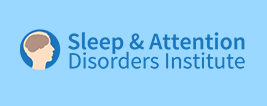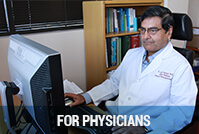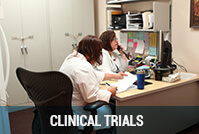Tonsillectomy for childhood snoring: Sleep testing necessary
Tonsillectomy can be dangerous – test your child for sleep apnea before tonsillectomy for snoring
Tonsillectomy or removal of the tonsils is the third most common surgery in children. There are more than half a million child tonsillectomies a year in the USA. Common reasons include repeated infections and snoring or sleep apnea (stopping breathing in sleep). You should test your child for sleep apnea before tonsillectomy for snoring. Tonsillectomy can be dangerous. It can lead to death. There are two recent news reports of a child dying soon after tonsillectomy in the news. A nine-year-old Detroit girl died at home hours after tonsillectomy. A nine year old Wisconsin boy died after stopping breathing in the evening at home after tonsillectomy.
Tonsillectomy in children is not necessary for snoring without sleep apnea. Before removing the tonsils for snoring, your child should have testing for sleep apnea. Testing should be at a sleep center accredited by the American Academy of Sleep Medicine. If there is significant sleep apnea and the child has large tonsils, removing them may be the best treatment. If there is no sleep apnea or the sleep apnea is very mild, removing enlarged tonsils may not be necessary. As the child grows older, tonsils often get smaller. As a result, snoring or very mild sleep apnea may improve by itself.
Sleep Testing for Sleep APnea
It really is important to get sleep testing before removing tonsils for snoring or sleep apnea. Removal of tonsils (and adenoids) may not fully control the sleep apnea. Therefore, testing is also important after the surgery. If sleep apnea persists after tonsil removal, CPAP is the best treatment. Even young children will often tolerate CPAP and use it regularly.
If your child snores, call us for an evaluation. We test children as young as one year old. Snoring may be a symptom of sleep apnea. Sleep apnea can cause sleepiness or tiredness in the child. It may affect concentration and memory, and may cause attention deficit or hyperactivity (ADHD). If severe, it may also cause high blood pressure or heart or lung problems. Testing overnight in the sleep center tells us whether they child has sleep apnea and how bad the sleep apnea is.









